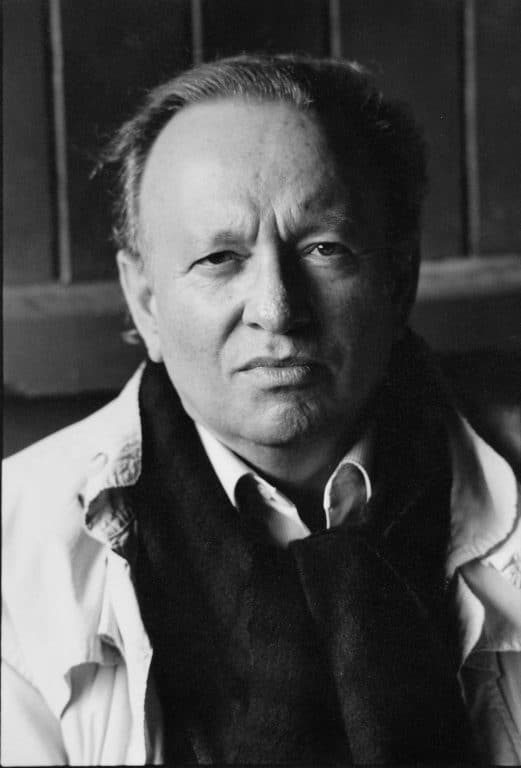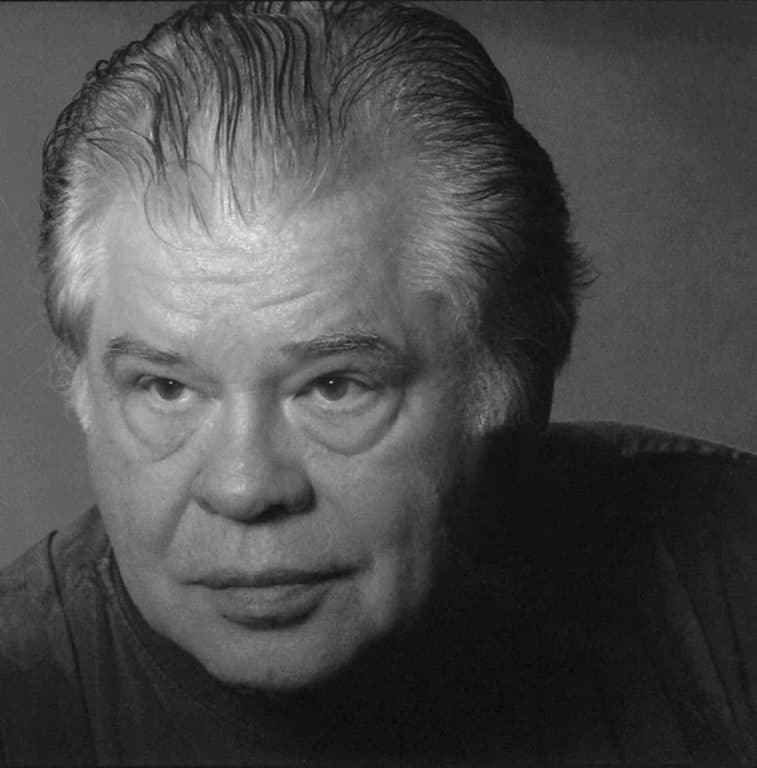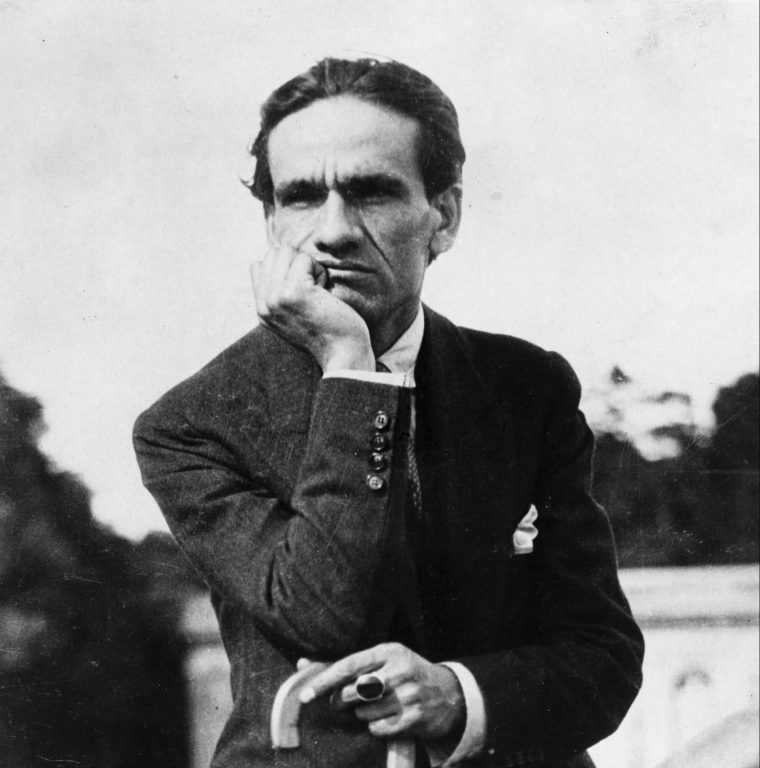We last pondered one of the gem-like fragments from The Book of Snow here. We’re long overdue to look again at Philip Mosley’s exquisite translation into English of François Jacqmin’s original poetry in French.
Soft-spoken and concise, yet do the poems of The Book of Snow brim with meaning. Many, like this one, seem…
We last pondered one of the gem-like fragments from The Book of Snow here. We’re long overdue to look again at Philip Mosley’s exquisite translation into English of François Jacqmin’s original poetry in French.
Soft-spoken and concise, yet do the poems of The Book of Snow brim with meaning. Many, like this one, seem to confront immensities – whether personal or universal – through contemplation. So astute is this observation from the citation of the 2011 Griffin Poetry Prize judges:
“The short poems are surrounded with terms which seem to gesture towards saying something which is true and towards something else which is beyond mere truth.”
Particularly striking about this poem is that the midnight musings before a dying fire seem to be heading in a dismal direction, as “the coal … burns out” and then the fading light and growing shadows seem to be populated with ghostly presences. How amazing then, that the poem finishes on a quietly but firmly hopeful note. “We remain alone” suggests with its plural pronoun that, in fact, no one is actually alone as the fire – whatever that fire connotes – seems to be returning to life.




